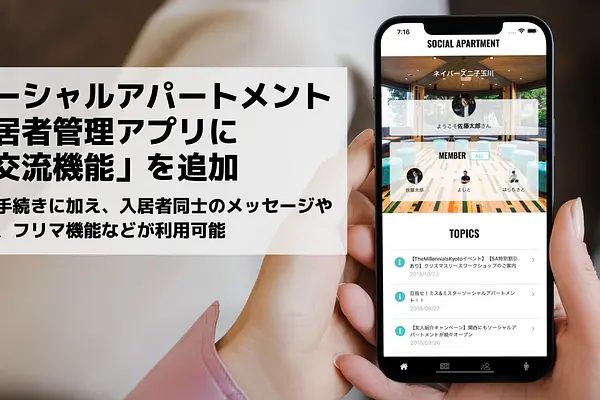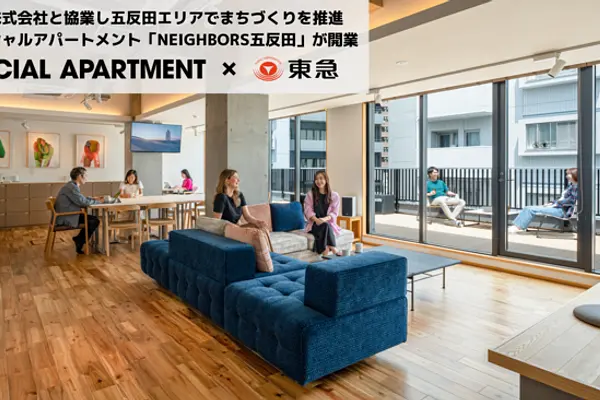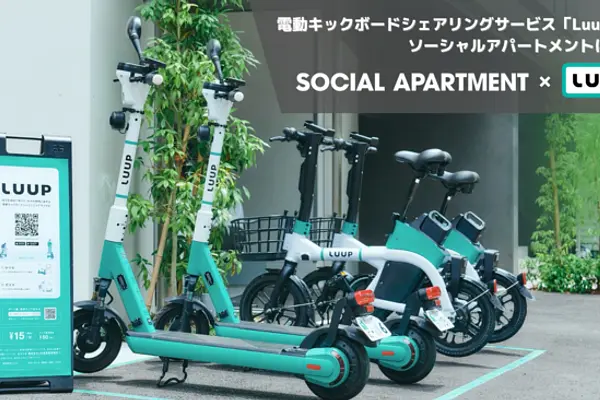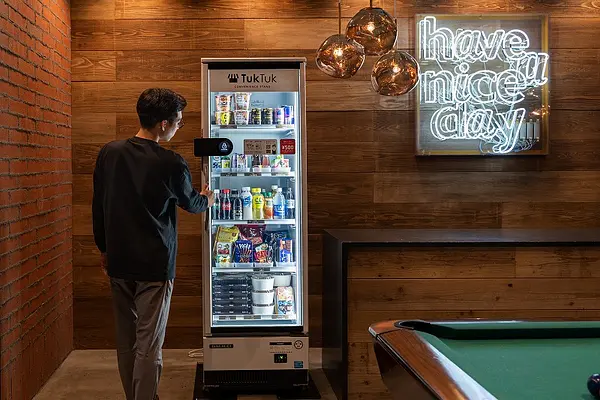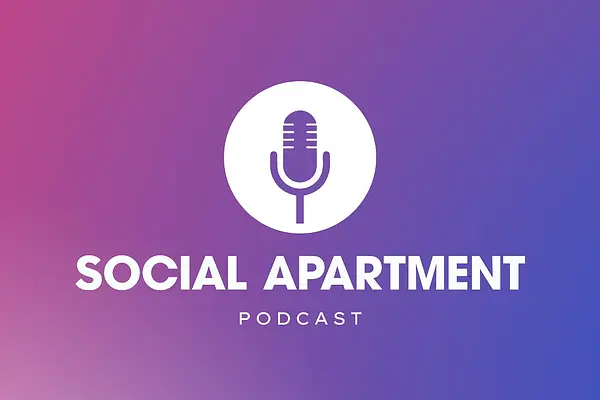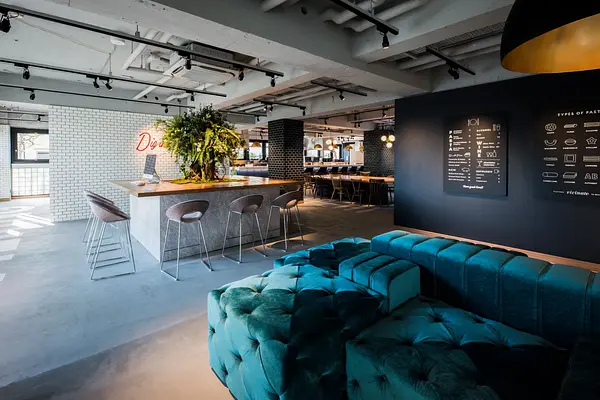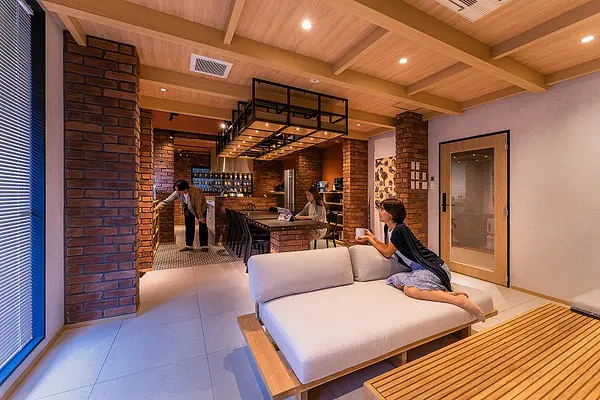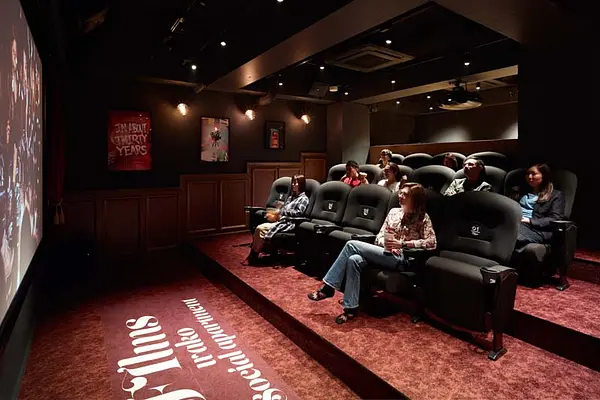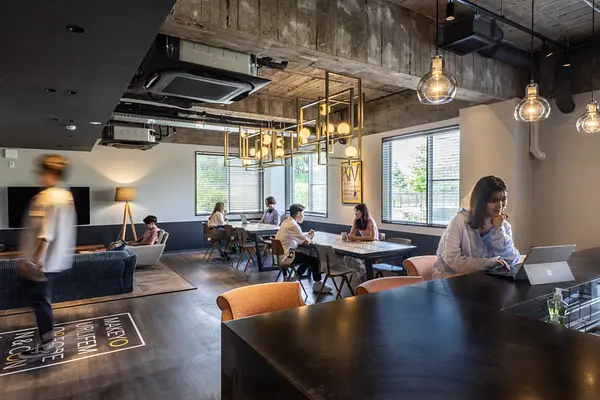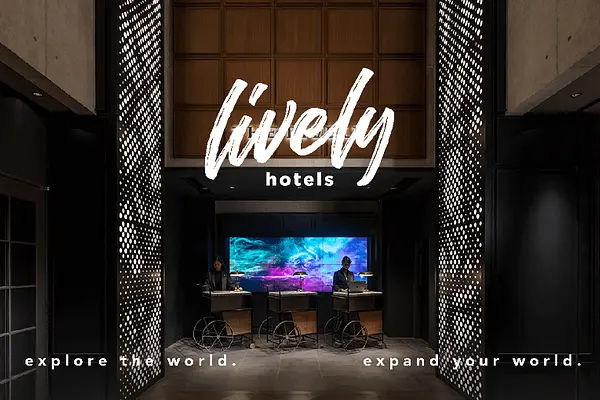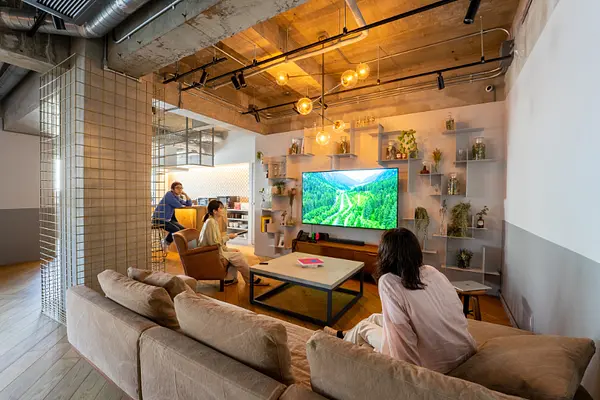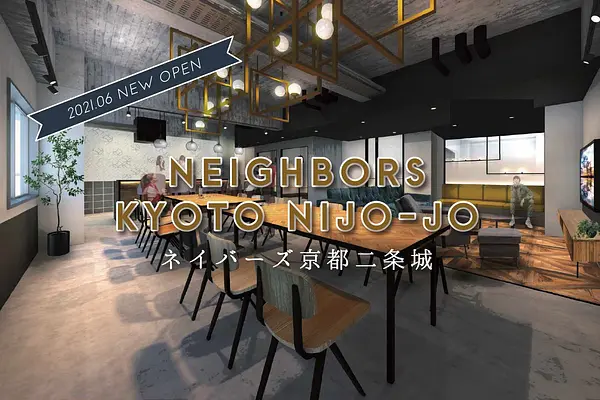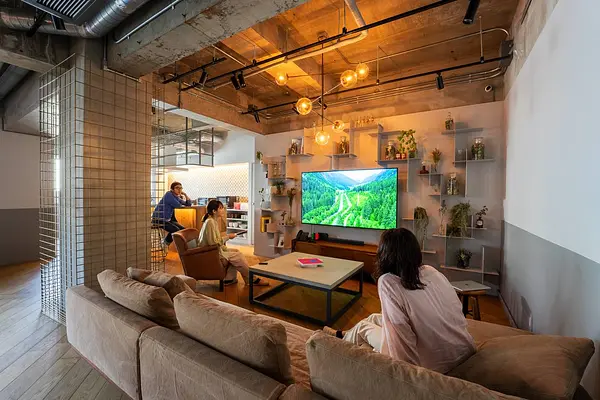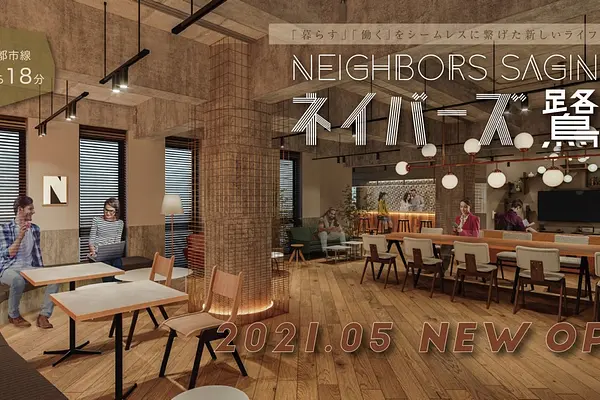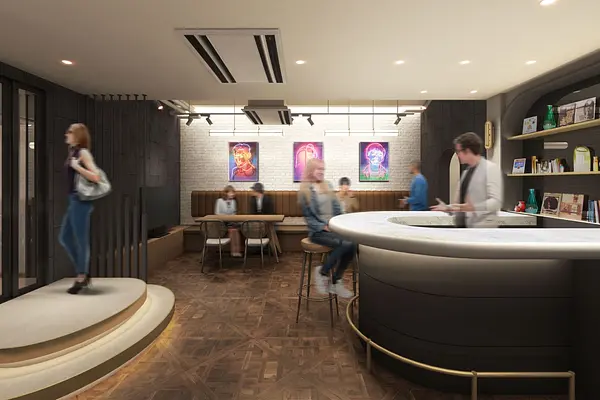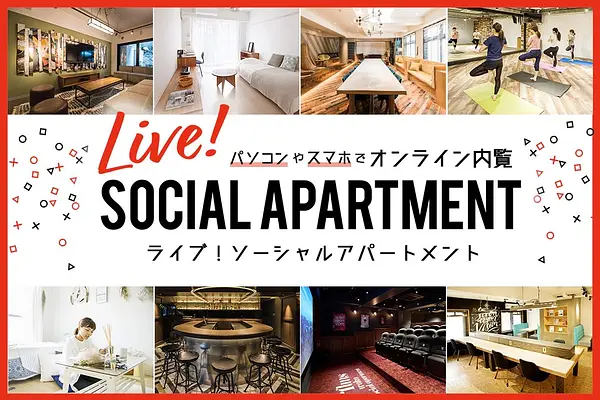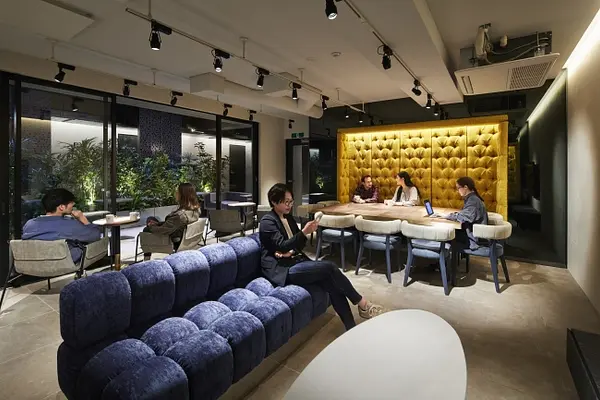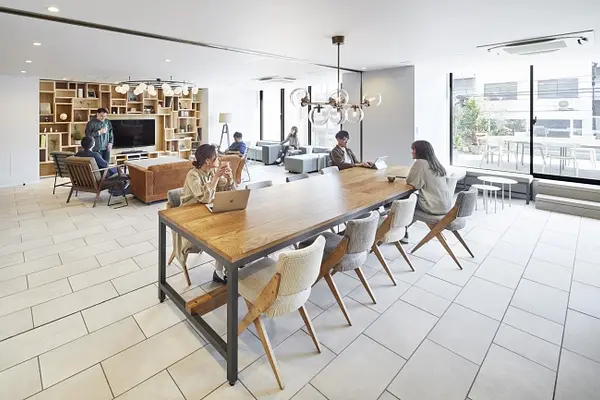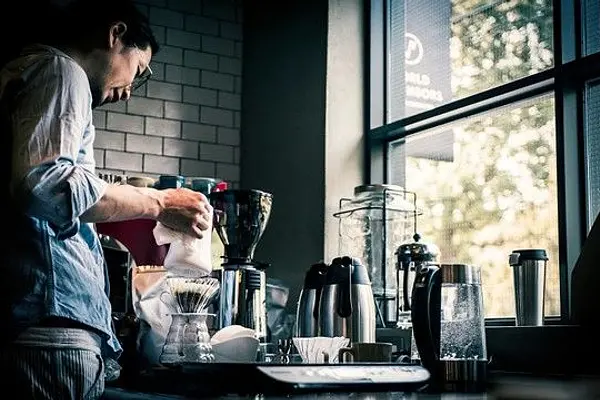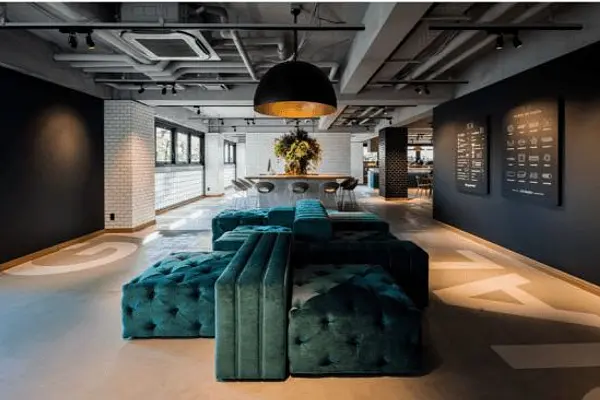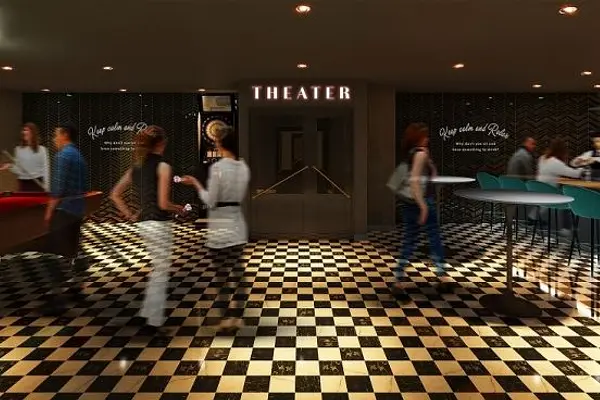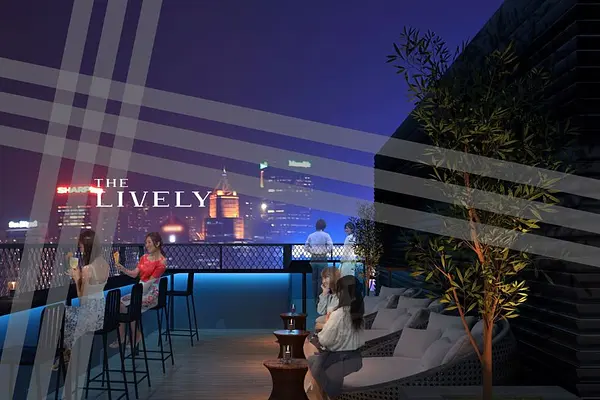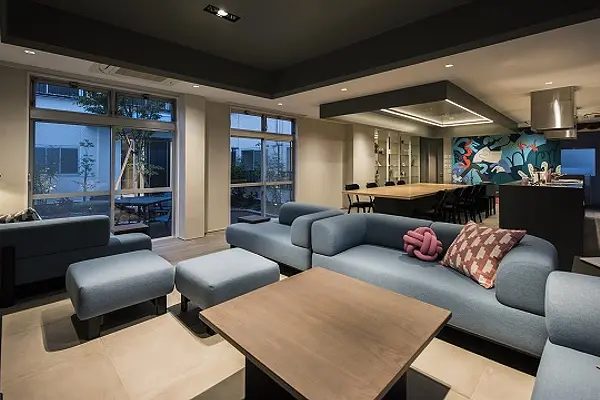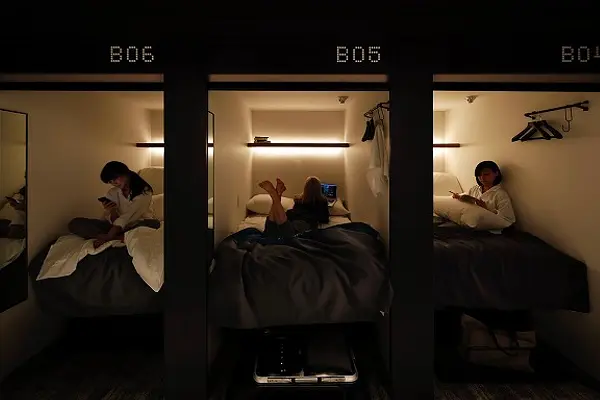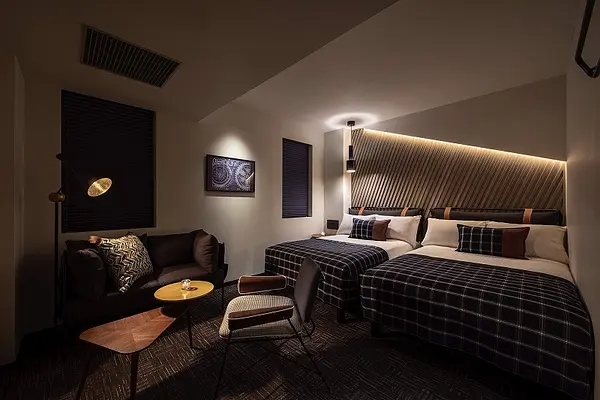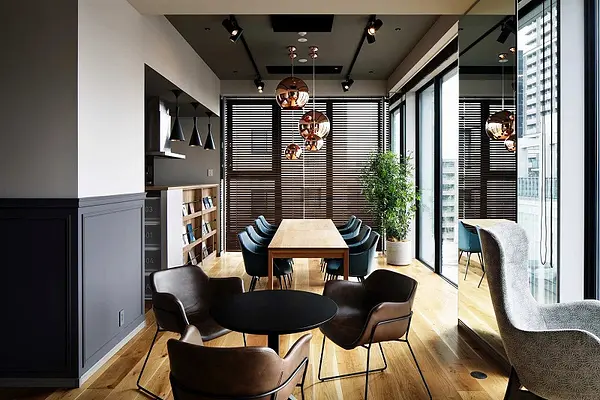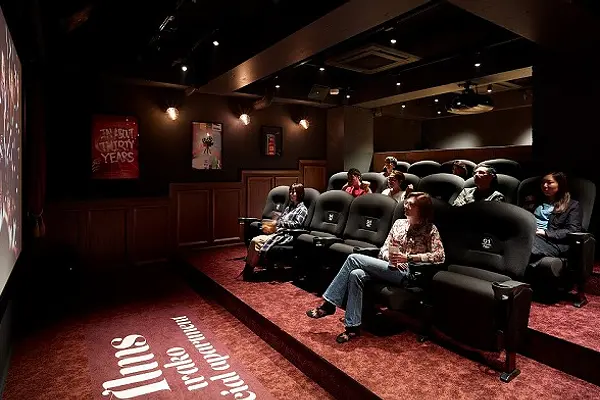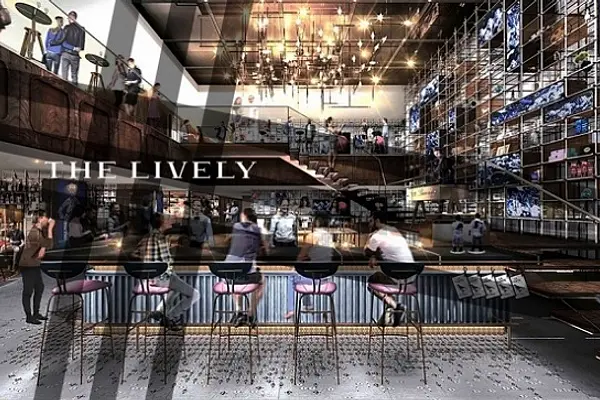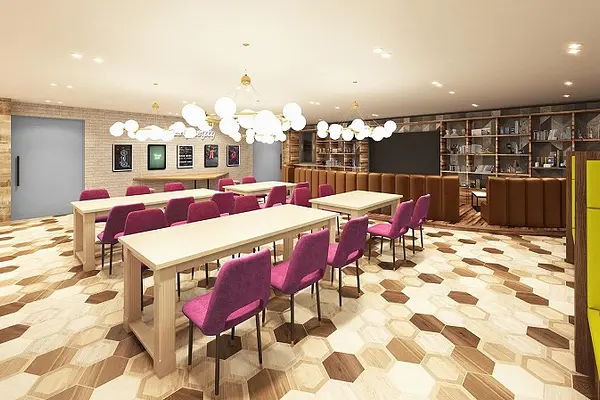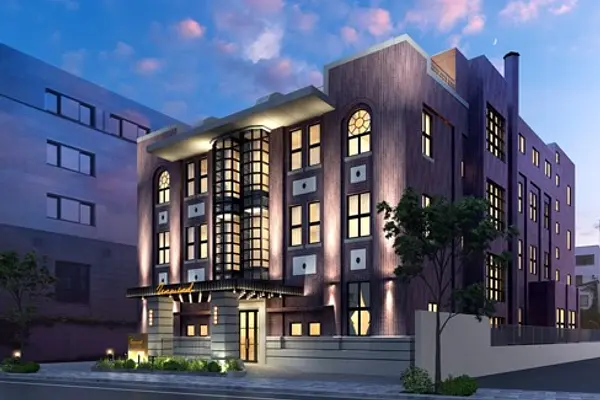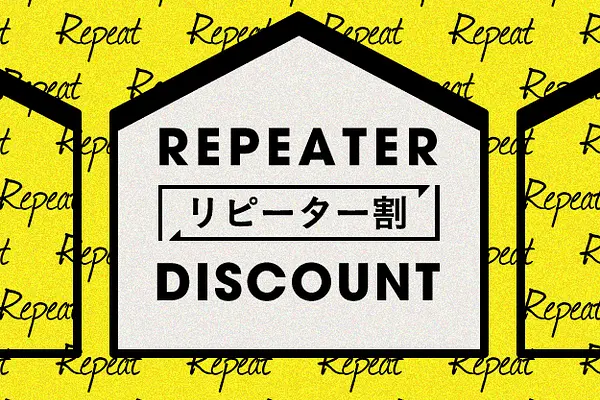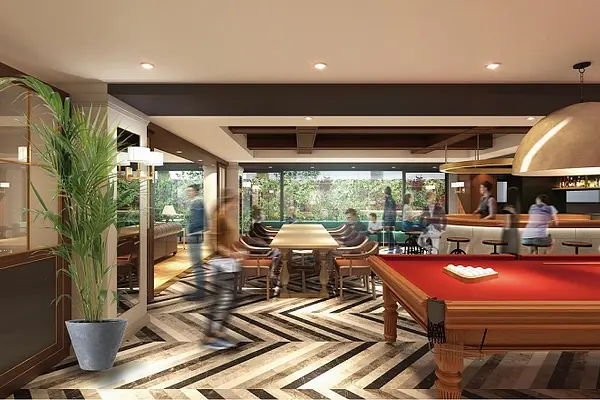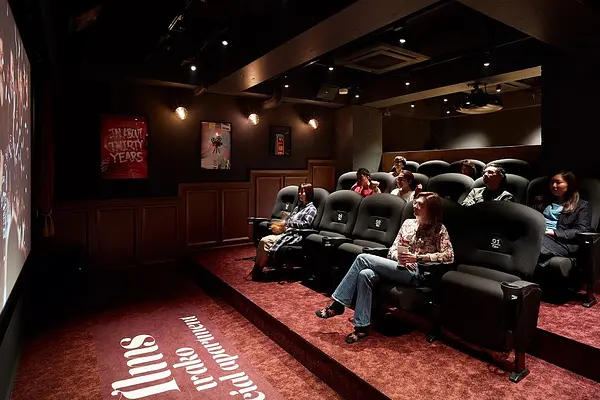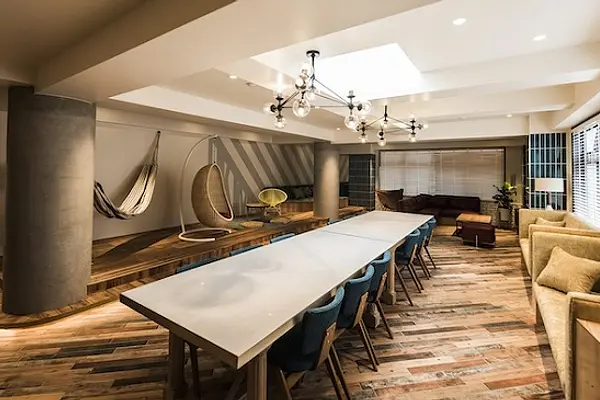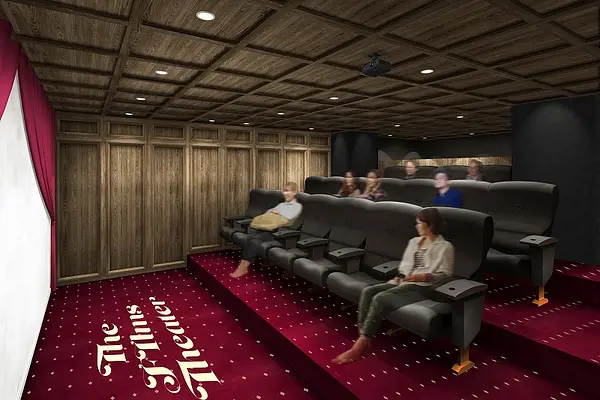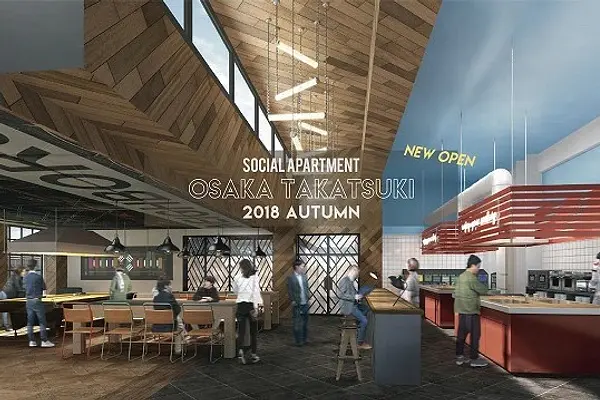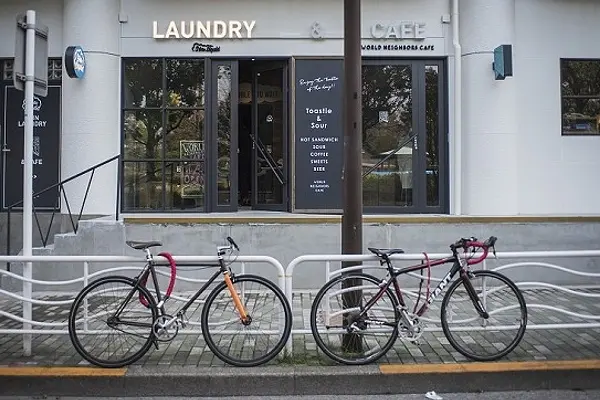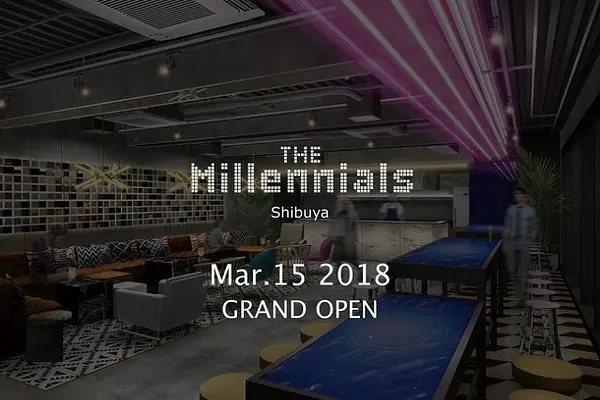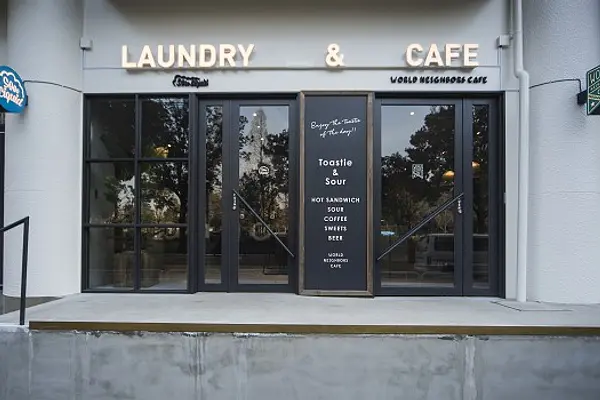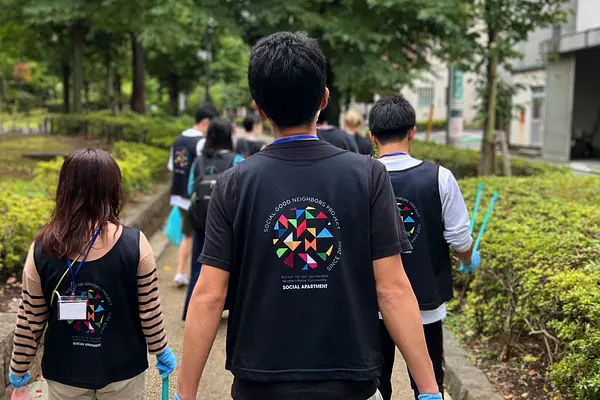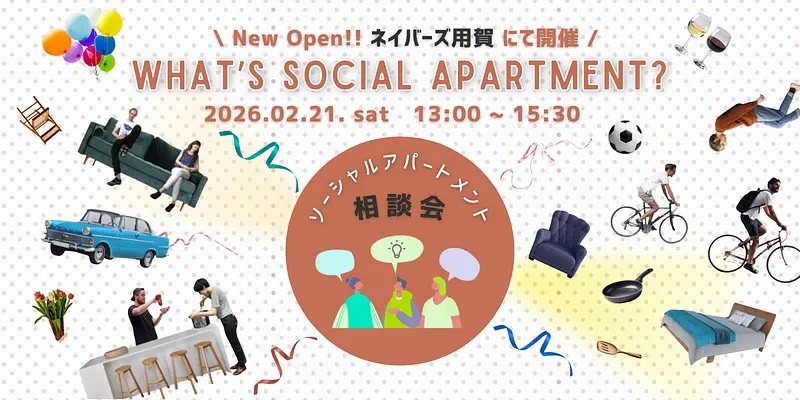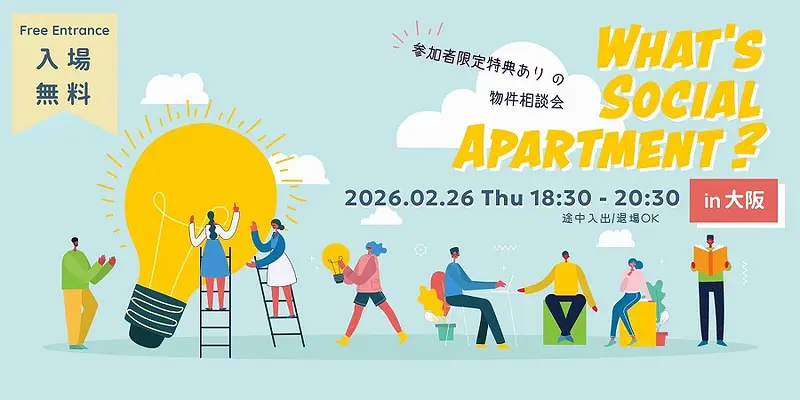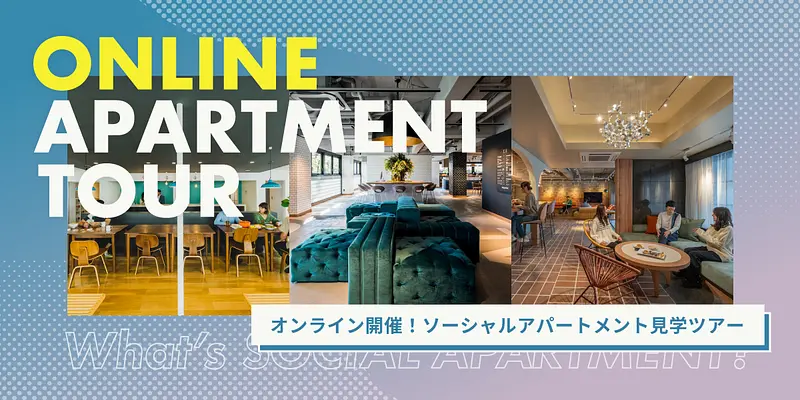Social Apartment records zero vacancies in all properties

We are pleased to announce that "Social Apartment," an exchange-type rental apartment managed by Global Agents, Inc. has recorded zero vacancies in all its properties as of February 25, 2025. This is thought to be the result of the fact that the apartments are supported by many people as a residence that realizes a "modern version of neighborhood interaction" against the backdrop of an increase in the number of single-person households and the worsening problem of loneliness among the younger generation.
No vacancies in any of our properties! Social apartments, a new form of housing demanded by society
As of the end of December 2024, the occupancy rate of social apartments was approximately 98%. As we entered the peak moving season, inquiries increased, and as of February 25, 2025, we recorded zero vacancies and 100% occupancy.
Approximately 75% of those who moved in between January 1 and February 25, 2025 were working adults aged 20-34, indicating high demand from the younger generation. In particular, inquiries for properties with a workspace and located within 30 minutes to 1 hour to central Tokyo increased. With the spread of remote work, there is a growing tendency for people to place more importance on a work/residential environment centered around their home, even if it is some distance from the nearest train station or workplace.
In addition, approximately 75% of those who previewed properties made applications on the same day, indicating a high level of interest among prospective tenants. Currently, the number of reservations on the waiting list for vacant rooms is still on the rise, and this trend is expected to continue in the future.
Behind this increase in demand is the growing demand for "casual connections" among people living alone.
Half of those in their 20s and 30s feel lonely in this society - the potential of housing to create "casual connections
In recent years, loneliness and lack of communication have become social issues, especially among young people. According to the "Basic Survey on People's Connections" conducted by the Cabinet Office in 2023, about half of those in their 20s and 30s feel lonely (*1). (*1) It also points out that opportunities for real face-to-face communication are decreasing due to the spread of social networking services and the increase in remote work. In addition, in terms of housing, the proportion of single-person households is more than 40% nationwide and more than 50% in Tokyo, indicating that households are becoming increasingly single (*2).
In the midst of these social changes, the challenge is how to resolve the loneliness and lack of communication of those living alone, and how to maintain their relationship with society. It has been found that casual communication, such as casual conversation and "being cared about or talked to by someone," is important in reducing loneliness (*3).
(*3) It is thought that "social apartments," which are exchange-type rental apartments, are being chosen for this kind of "casual connection" in daily life. In addition to the private space of the individual rooms, common spaces such as lounges and kitchens allow residents to greet each other on a daily basis and engage in small conversations, naturally building casual connections.

In the social apartments, these casual connections are created within the residence, and a form of interaction that can be called "modern-day neighborhood interaction" has taken root.
What is the "modern version of neighborhood interaction," a casual connection in daily life?
Conventional neighborhood relationships have a variety of advantages, such as a sense of security in being able to easily rely on each other in times of trouble in daily life, reduced feelings of loneliness, and ease of sharing information about the local community. On the other hand, living alone today, it is becoming commonplace to "not know who lives next door," making it difficult to get to know one's neighbors.
Under these circumstances, social apartments provide a system that allows people to connect with others naturally while protecting their privacy, and promote casual interaction around the home. This has created a new form of neighborhood interaction that fits today's lifestyles.
<Comparison of traditional and modern neighborhoods

Advantages of Modern Neighborhood Relationships
Advantage 1: Physical and psychological ties can be established.
With shared lounges and kitchens, residents can meet each other in a natural way on a daily basis, creating casual conversation and interaction.
Even when they feel lonely, having an environment close at hand where they can immediately talk to someone provides emotional support and allows them to feel a comfortable connection with others at a comfortable distance. This "moderate distance" community is thought to play a role in alleviating feelings of loneliness.
Benefit 2: Deepening understanding of others
Being involved with residents from various backgrounds naturally creates opportunities to come into contact with diverse values. Unlike a share house, you can interact with others while maintaining a reasonable amount of privacy, allowing you to build relationships without strain.
Exposure to different values and ways of thinking will deepen your understanding of others and foster psychological flexibility. This experience also provides a reason to promote smooth neighborhood interaction.

Benefit 3: Improved social skills
Shared spaces naturally increase face-to-face conversations. Casual interactions such as greetings and chit-chat provide an opportunity to develop social skills to relate to others at an appropriate distance. In addition, through compliance with rules in shared spaces and event planning among residents, cooperativeness and empathy can also be nurtured. Unlike living alone, where there is little interaction with others, social skills can be improved in the course of daily life.

Comments from Social Apartment tenants
Female resident in her 30s (Neighbors Higashi Jujo, tenancy period: 2 years)
I recommend it to those who want to feel safe and secure in the presence of others. I am not the type to actively talk to people, but just being in the lively atmosphere made me feel safe.
Male in his 20s (tenants: FILMS Wako, tenancy period: 4 years)
I recommend this share house for people who only go back and forth between work and home, and whose only community is their friends from school, which is somewhat boring.... There are many opportunities to meet people easily, talk with them, and broaden your values.
Female resident in her 30s (Neighbors Futakotamagawa, lived here for 3 years and 4 months)
Living with someone who is not family can be both joyful and painful. Sometimes the timing may not be right and you may not fit in well, but it is definitely a great learning experience in life. Be open to the possibility that spending time with someone might change you, and enjoy the change. If you are ready to accept others, living in a social apartment will surely be one of the treasures of your life.
Female in her 20s (Residence: Social Apartment Hanakoganei, Length of stay: 1 year and 4 months)
When I go to the lounge, I can see people, and when I stay in my room, I can be alone. As I work from home, I feel comfortable in this environment where I can feel the presence of others.
Male, in his 30s (tenants: Social Apartment Ebisu, tenants: 2 years and 8 months)
I was able to meet people I would never have met if I had spent my life as a normal person, and I think I gained many opportunities to learn and grow through our time together.
About the future development of Social Apartment
Due to increasing demand, we are planning to develop new social apartments beyond 2025. At this time, we are considering more than five new properties, not only in the Tokyo metropolitan area, but also in the Kansai region and other areas. We are also planning to develop new concept properties where residents can connect with each other through their hobbies, with the aim of further promoting community building.
In addition, we are also developing a dedicated application that will allow approximately 3,000 residents of Social Apartment to connect with each other, not only within the property, with the aim of creating a more extensive community. In addition, in order to allow more people to experience the appeal of Social Apartment, we are considering offering tours and trial stay plans that can be easily participated in.
1 Source: Cabinet Office (2023) " Basic Survey on People's Connections
2 Source: National Institute of Population and Social Security Research (2024) " Estimates of the Number of Households in Japan " *3 Source: Nomura Research Institute (2023) " 'Youth Loneliness' that Companies Should Face Now!
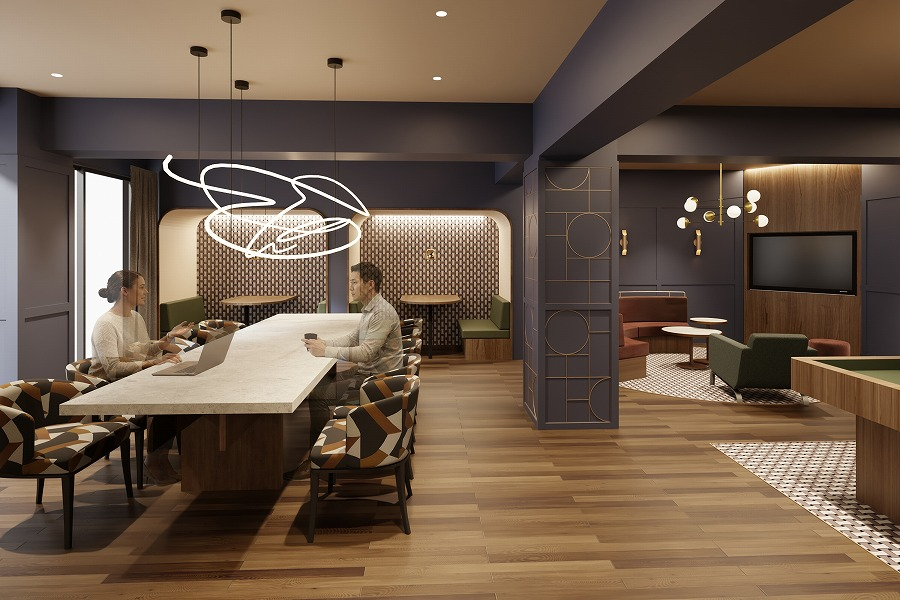
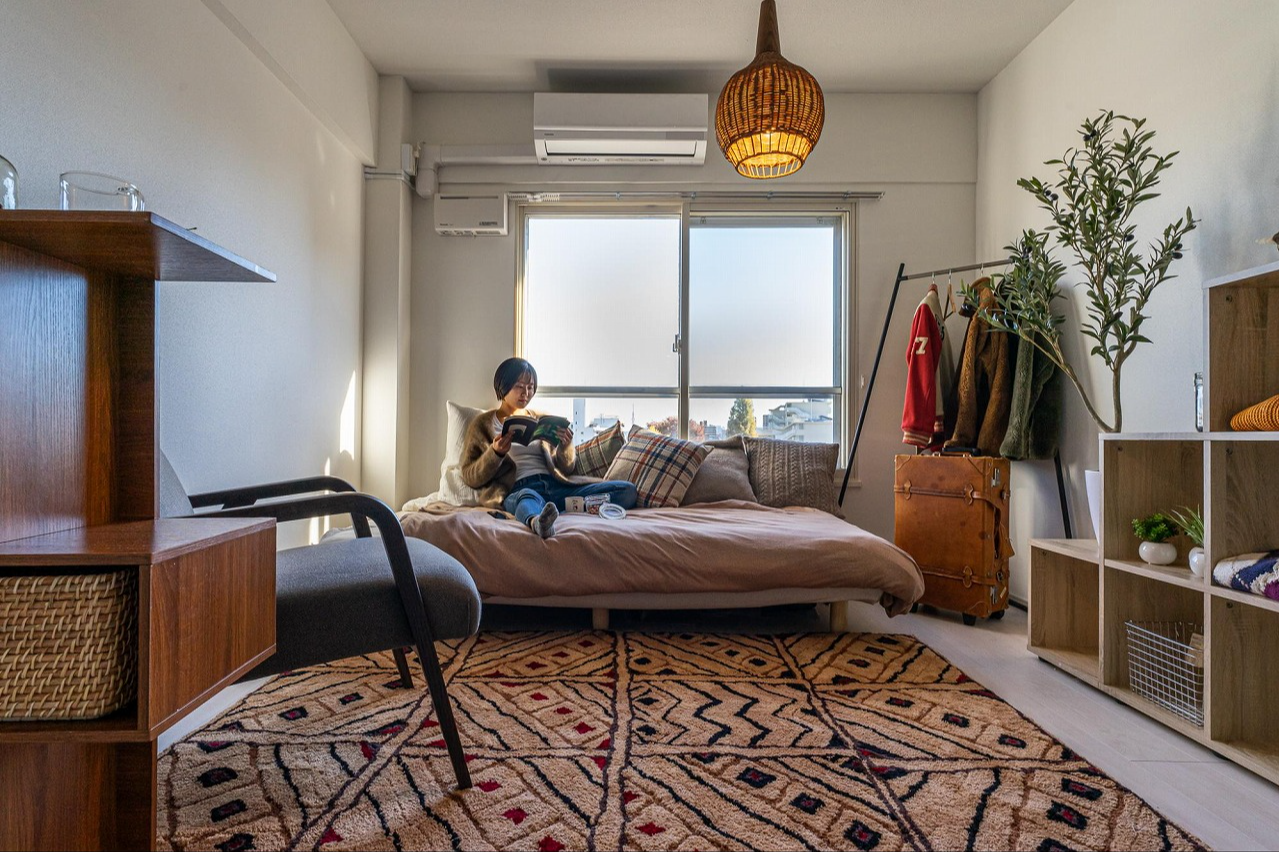
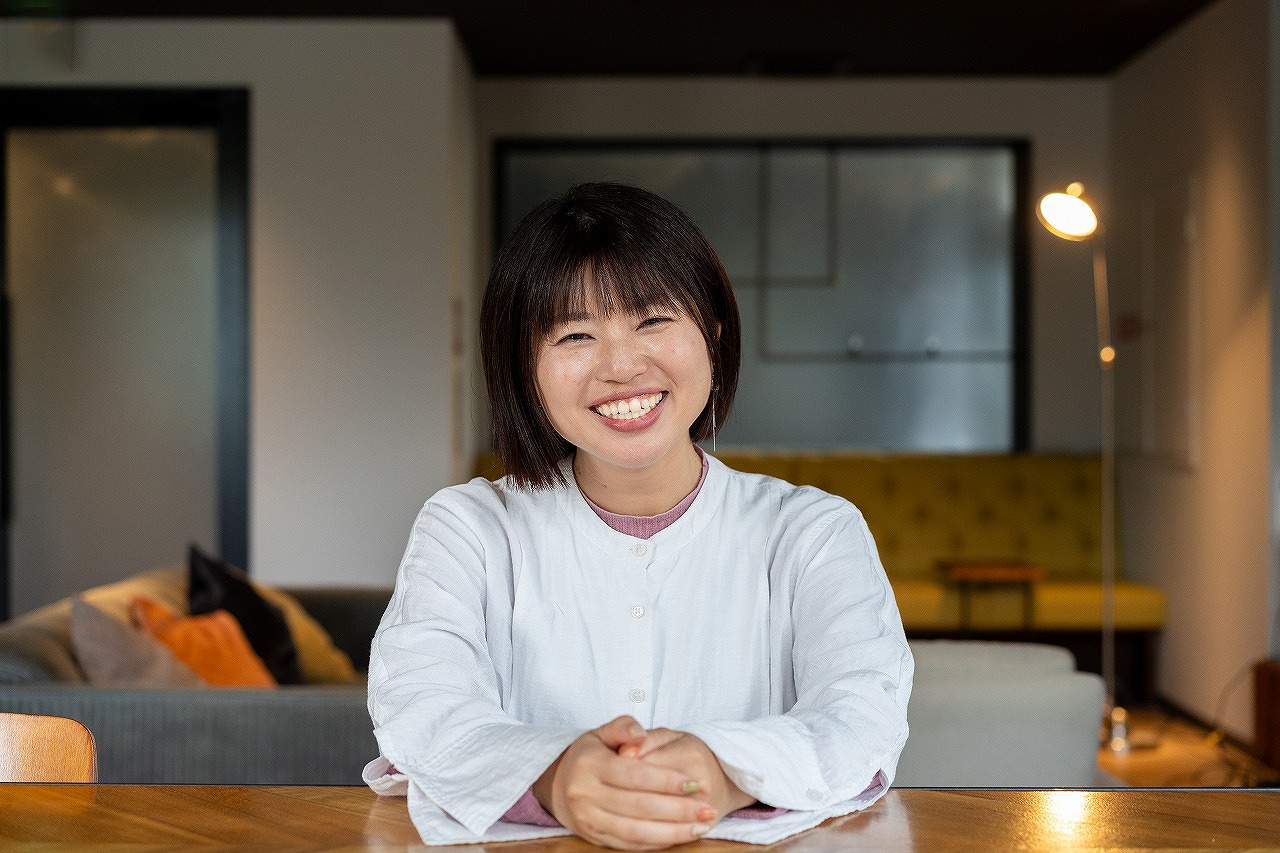
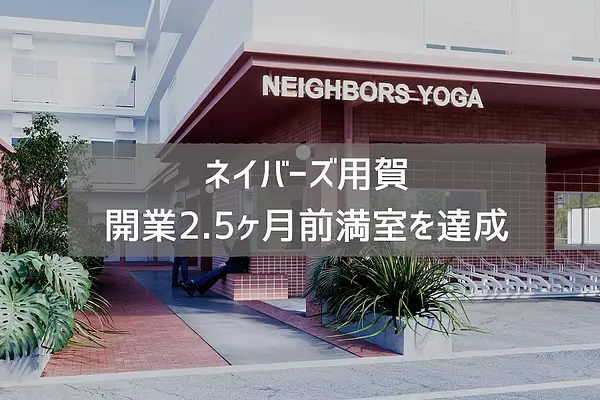
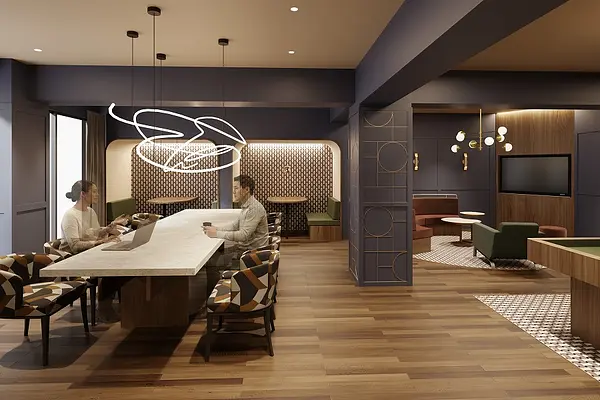
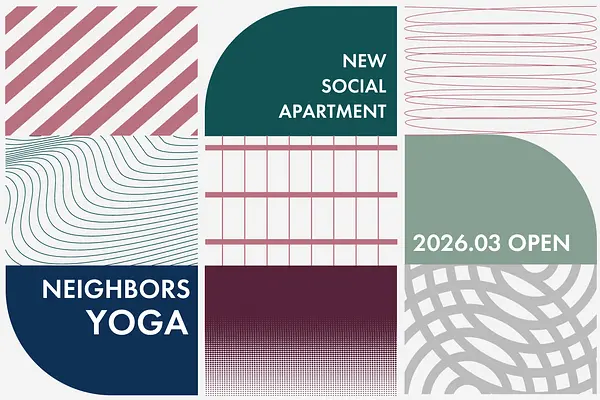
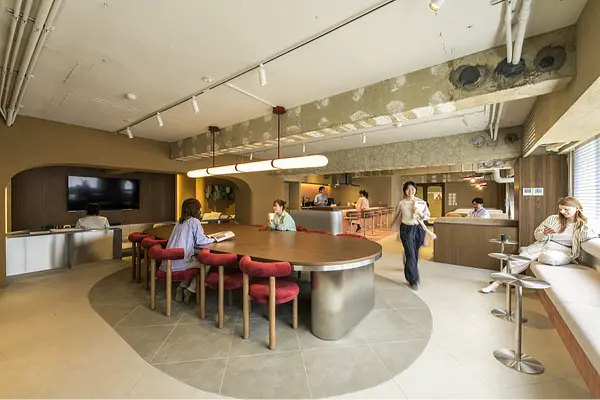
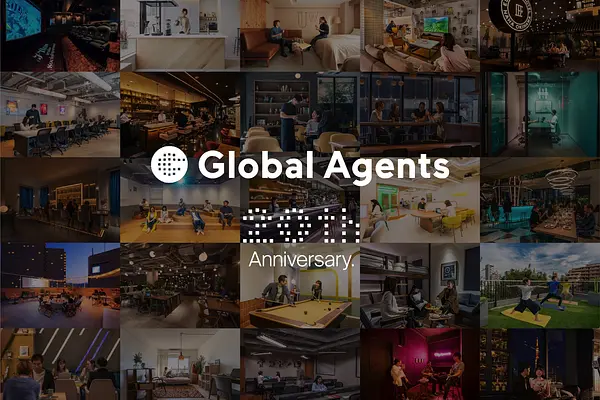
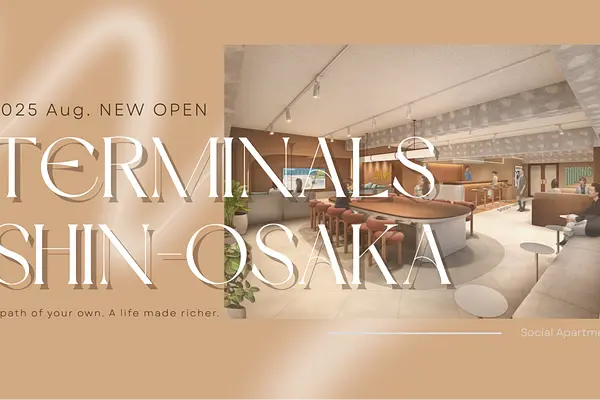

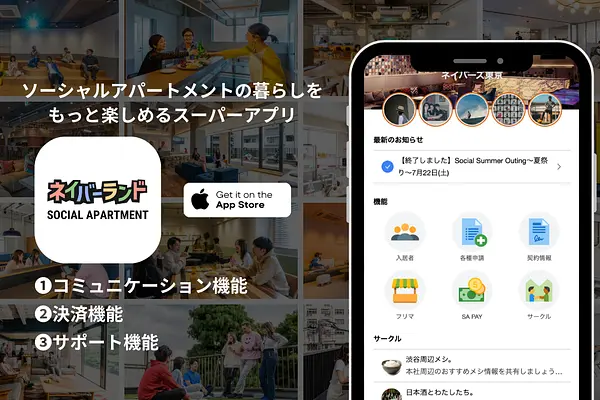
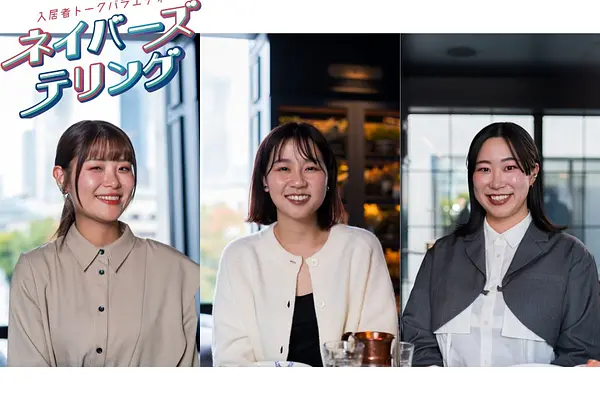
![関西で5棟目となるソーシャルアパートメン「ネイバーズ江坂」が10月28日開業|[プレスリリース]](https://sa-site-production-strg.s3.ap-northeast-1.amazonaws.com/hybf6kqttb5tq6xzzsnlwec62vx9)
![愛着のあるモノを次に繋ぐ「Social Good Lounge ツナグイチ」6月18日(日)、The Millennials 渋谷にて開催 [プレスリリース]](https://sa-site-production-strg.s3.ap-northeast-1.amazonaws.com/kfdgo6y1d69wjwuspx3jlb88ntjx)
![ソーシャルアパートメント「ネイバーズ読売ランド」にワーケーションカー「mobica」ステーションを開設 [プレスリリース]](https://sa-site-production-strg.s3.ap-northeast-1.amazonaws.com/2pn0u0zx53zrdzqrgg6xm42wogbv)
![交流型マンションを活用しアパレルブランドが商品開発 ソーシャルアパートメント入居者とTARROW TOKYOが「ルームウェアプロジェクト」を開始 [プレスリリース]](https://sa-site-production-strg.s3.ap-northeast-1.amazonaws.com/17zk8ki8sn0bdndosgr2e7kz5m5c)

![清澄白河で異色タッグのサウナイベント開催!「キヨスミ Rooftop Sauna&BBQ by IESAUNA ✕ SOCIAL APARTMENT 」 [プレスリリース]](https://sa-site-production-strg.s3.ap-northeast-1.amazonaws.com/fjqv686npen37112u4tdptxujtks)
